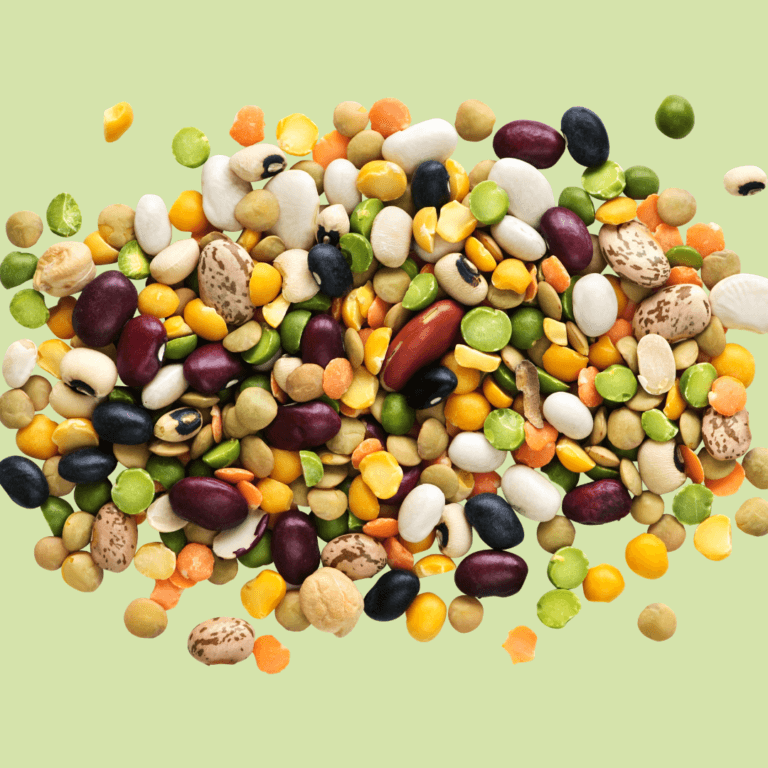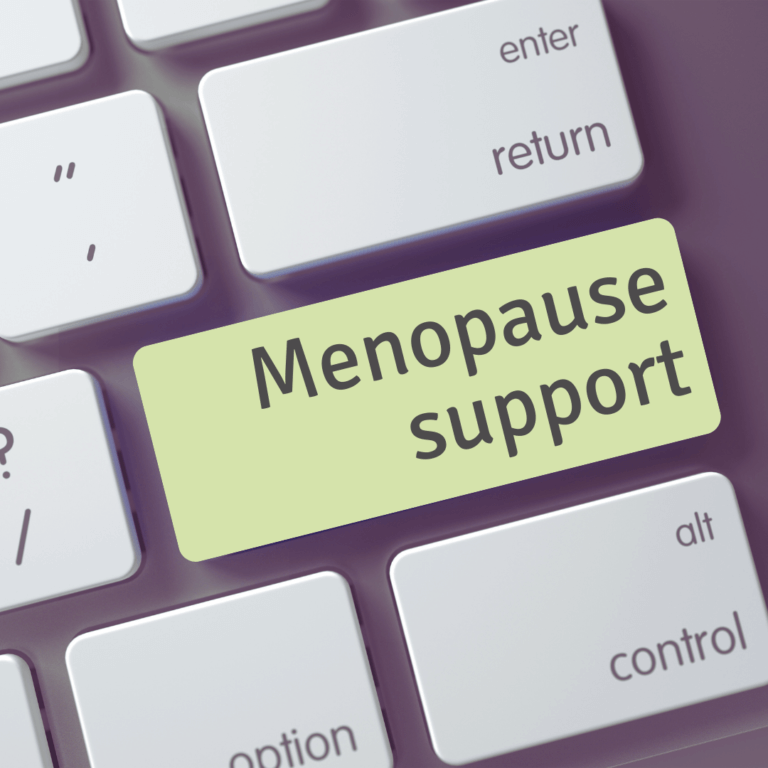Scotland has a rich larder of healthy, nutritious foods. I’ve highlighted 5 Scottish foods that when eaten in a way that follows the principles of the Mediterranean (or plant-based) diet, will help support women through the menopause transition and beyond.
The Mediterranean Diet has been linked with many health benefits. It’s referred to throughout the Eating Well for Menopause book as it can assist in supporting women through and beyond the menopause transition. As well as helping manage hot flushes, the Mediterranean diet is heart healthy. It’s linked with a reduced risk of high blood pressure, cholesterol and blood glucose levels.(1) Studies also show it may benefit mood and symptoms of depression, as well as help manage weight and reduce belly fat.(2, 3)
The Mediterranean Diet Principles
The diet focuses on plant-based eating and includes a diverse range of plant foods such as whole grains, legumes, fruits and vegetables. It includes moderate amounts of fish and is low in dairy and meat. The diet also encourages the use of oils rich in unsaturated fats (mono- and poly-unsaturated fats) from olives, nuts and seeds.
You don’t have to eat fresh tomatoes from the market and add extra virgin olive oil to every meal. The Mediterranean diet principles can be followed by including nutritious foods local to where you live. There are plenty of foods produced in Scotland that provide key nutrients and will help support women around menopause – I’ve highlighted some below.
5 Scottish foods for peri- and post-menopausal women
1. Oats and barley
Wholegrains have been linked with a lower risk of heart disease when eaten regularly. Heart disease is often thought of as something that mainly affects men. However, how well your diet and lifestyle is supporting your heart health is an important consideration for women particularly around menopause. For example, two in three (66%) women aged 55-64 years have raised cholesterol.
All oats and some barley are wholegrains. Most of the barley in shops is pearl barley (which means it’s had some or all of the outer husk removed). This means pearl barely is not classed as wholegrain. Don’t let this put you off using it though as it’s still a really healthy grain, mainly due to its fibre content. Also, a bit harder to find in shops, but worth looking out for is beremeal barley – for example: beremeal flour and beremeal oatcakes. This ancient Scottish grain has a range of useful vitamins and minerals as well as fibre.
Both oats and barley have a particular type of soluble fibre called beta-glucan, which helps lower cholesterol if you have 3g or more of it daily, as part of a healthy diet.
Including porridge, overnight oats, oat-based breakfast cereals, oatcakes, adding oat bran to soups/smoothies or adding pearl barley to stews, soups or salads are useful options.
2. Oily fish (e.g. salmon, mackerel and trout)
Scotland is well known for its seafood. Oily fish are a great source of healthy unsaturated fats, particularly the poly-unsaturated omega-3 fatty acids which help maintain normal cholesterol levels and normal heart function.
Oily fish are one of the few foods that provide vitamin D which helps the body absorb calcium from our food and allows our bones to incorporate calcium to help maintain their density.
Low Vitamin D levels may be linked with poorer sleep quality. Sleep issues are a common symptom around menopause. Salmon is rich in tryptophan, an amino acid that helps the body produce serotonin and melatonin, which can help with sleep.
Eating at least 2 portions of fish a week, including one portion of an oily fish is recommended. A portion is 140g when cooked. Adding salmon flakes to a frittata, sandwich or a salad, having mackerel on toast/oatcakes, or baked salmon/trout with some lemon or a pesto crust are tasty ways to include oily fish.
3. Berries
Berries are rich in antioxidants and beneficial plant compounds (phytochemicals). These include anthocyanins which are responsible for the blue, purple and red colours in berries. These have numerous benefits, including supporting the cardiovascular system, regulating blood sugar levels, maintaining eye health and cognitive function.
Berries are a useful source of vitamin C which the body needs to make collagen. Collagen is something that is often spoken about in relation to menopause (particularly for skin health). Including foods that support the body to produce collagen is likely to help the health and appearance of skin.
There’s a wide range of berries grown in Scotland to enjoy – Strawberries, Raspberries, Blueberries, Blackberries, Loganberries, Tayberries and Honeyberries. Eat them on their own, mix with yoghurt, sprinkle on cereal/overnight oats, make a jam/sorbet or add to baking (e.g. muffins, biscuits or a crumble topping).
4. A rainbow of veg
Including fibre-rich foods such as vegetables help keep gut microbes happy. Only 5% of women in Scotland currently achieve the 30g fibre a day recommended.
Gut microbes help produce neurotransmitters (chemical messengers in the body). These include serotonin, also known as ‘the happiness hormone’. Eating a rainbow of different coloured vegetables helps provide a wide variety of nutrients and fibres to support good gut health and serotonin production. This is likely to benefit brain function, mood and sleep.
Enjoy a variety of locally produced, tasty veg such as: beetroot, broccoli, Brussels sprouts, cabbage, carrots, cauliflower, chard, kale, peas, spinach and squash.
5. Cold pressed rapeseed oil
Cold pressed rapeseed oil has the lowest proportion of saturated fats of all vegetable oils and has substantial amounts of beneficial mono-unsaturated fatty acids. It’s also rich in the beneficial omega-3 fatty acids which help maintain normal blood cholesterol. For more on this see my previous article on Scottish cold-pressed rapeseed oil.
Using cold-pressed rapeseed oil is a healthy alternative to olive oil. Cold-pressed rapeseed oil is ideal for roasting or frying as it has a high smoke point. You can also use rapeseed oil in place of butter or lard to help improve the fatty acid profile when baking cakes or biscuits. And it’s useful to drizzle on a salad as adding a little oil to a bowl of salad will help the body absorb fat-soluble vitamins from the vegetables.
Photo credit: Photographer Iain Wilson

![Overnight oats with carrot and kefir [Photo credit: Photographer Iain Wilson, https://www.iainwilson.com] Overnight oats with carrot and kefir](https://www.laurawyness.com/wp-content/uploads/elementor/thumbs/overnight-oats-with-carrots-kefir-qkkns6l2lb349388qljdvjmyjrbpexa2g2n172skzw.webp)



